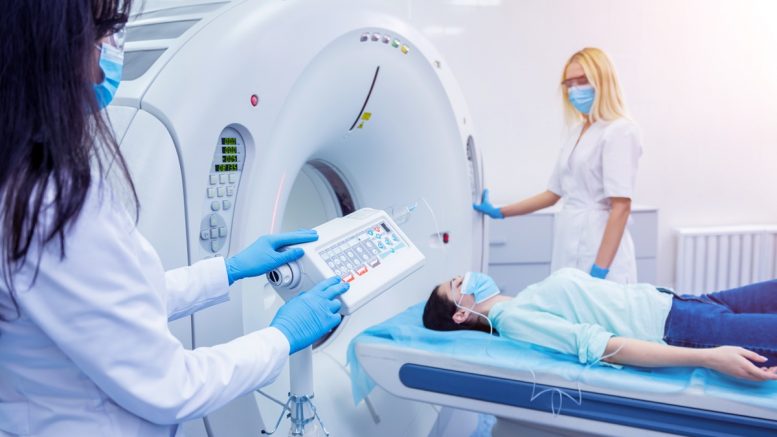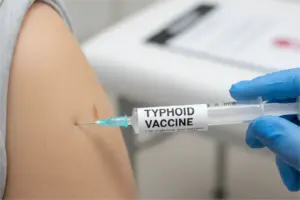
Korea stands at a pivotal moment in its approach to cancer care as global oncology treatments shift toward subcutaneous (SC) formulations, offering faster and more convenient alternatives to traditional intravenous (IV) therapies. These advancements, already gaining traction in the United States, pose questions about Korea’s readiness to embrace this change, given its unique healthcare infrastructure.
The U.S. Food and Drug Administration (FDA) recently approved two groundbreaking SC cancer therapies—Bristol Myers Squibb’s Opdivo Qvantig (nivolumab with hyaluronidase) and Roche’s Tecentriq SC (atezolizumab with hyaluronidase). These therapies dramatically reduce administration times from 30-60 minutes for IV treatments to just 3-10 minutes for SC injections. For U.S. patients, these innovations also pave the way for at-home cancer care, supported by relaxed telemedicine regulations and nurse-administered home visits.
However, in Korea, regulatory and structural constraints limit the adoption of SC therapies. Professor Ahn Hee-kyung of Samsung Medical Center highlights that the benefits of at-home cancer care—one of the key advantages of SC formulations internationally—are not fully realized in Korea. Furthermore, local regulations prohibit self-administration of cancer treatments, even during clinical trials, dampening the appeal of SC options that could otherwise alleviate patient burdens.
With easier access to hospitals and established IV infrastructure, the urgency for a shift to SC treatments is less pronounced in Korea compared to the U.S., according to Professor Hong Min-hee of Yonsei Cancer Center. Yet, local innovation offers hope for change. Alteogen, a leading Korean biotech firm, has developed ALT-B4, a recombinant human hyaluronidase enzyme licensed exclusively to MSD (known as Merck & Co. in the U.S. and Canada). This technology powers the SC formulation of Keytruda (pembrolizumab), which has shown equivalent efficacy to its IV counterpart in phase 3 clinical trials, with dosing every six weeks.
An Alteogen representative emphasized that SC therapies could address logistical challenges faced by IV treatments, such as travel, accommodation, and extended hospital stays for patients. By reducing these burdens, SC formulations have the potential to transform the treatment landscape for both patients and healthcare providers.
Yet challenges remain. SC injections require nurses to apply manual pressure for several minutes, making them more physically demanding compared to IV infusions, which allow nurses to multitask. Despite these hurdles, Professor Ahn believes that if insurers begin covering SC treatments like Keytruda, they could greatly enhance patients’ quality of life and reduce the strain on the healthcare system.
Globally, the SC cancer therapy market is expanding rapidly. Janssen has filed for FDA approval of its SC immunotherapy, Rybrevant (amivantamab), following successful phase 3 trials. In Korea, GI Innovation has also ventured into the SC space, initiating phase 1 trials for its immune-oncology drug, GI-102, at 14 global medical centers.
As Korea evaluates the practicality and feasibility of adopting SC therapies, the push for innovation underscores a broader trend toward patient-centered care. With growing global momentum, the adoption of SC formulations could redefine cancer treatment, offering patients faster, more convenient options while alleviating the logistical challenges posed by traditional IV therapies.
Stay tuned to our health portal for updates on transformative healthcare advancements and innovations in cancer treatment.








